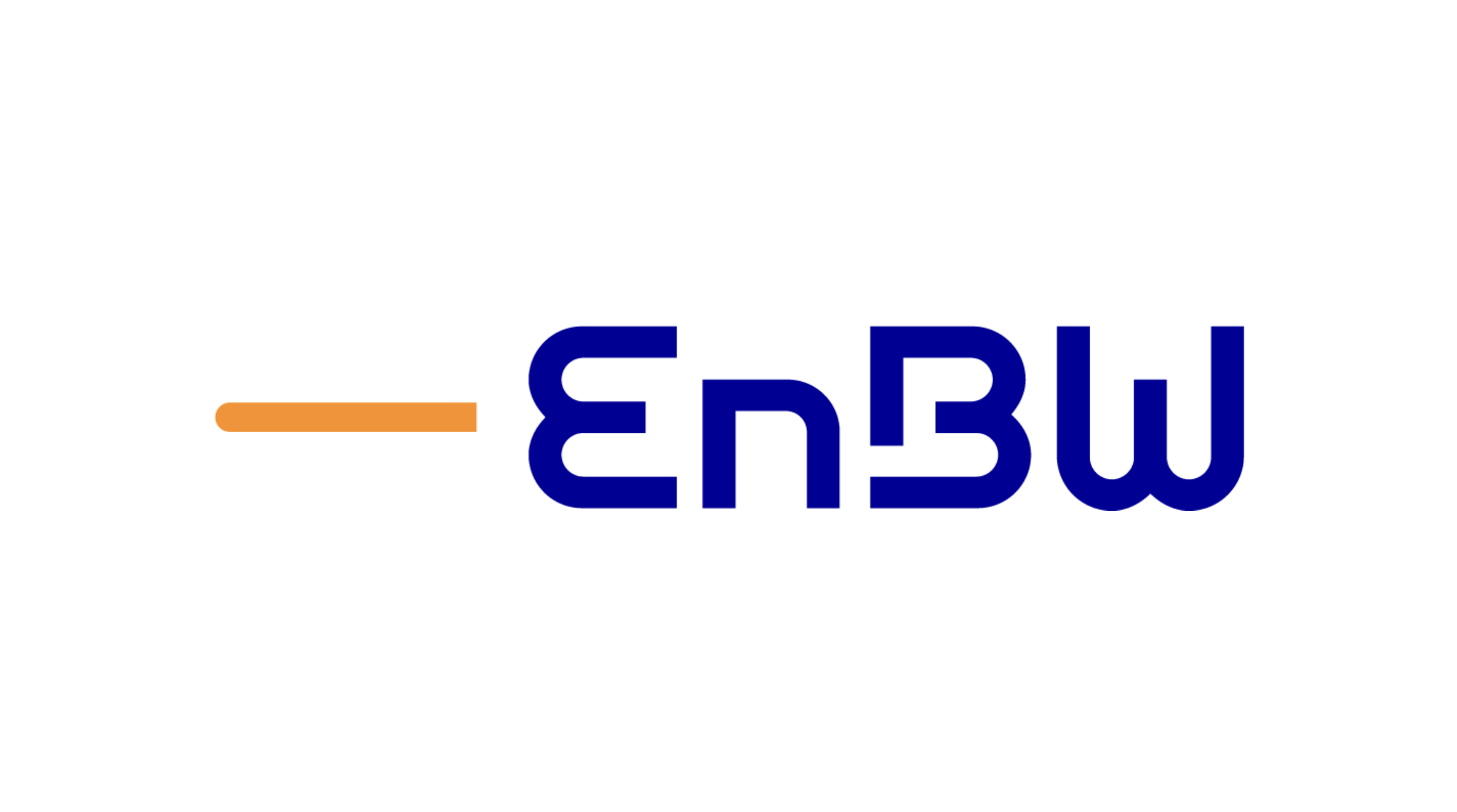EnBW's Ambitious 1 Billion Euro Investment Fuels Germany's Hydrogen Grid Expansion
Key Ideas
- EnBW commits 1 billion euros to Germany's hydrogen transport network, crucial for reducing dependence on oil and natural gas.
- The infrastructure aims to facilitate nationwide distribution of clean hydrogen, aiding in the transition to a lower carbon economy.
- Construction of the hydrogen grid, with 9,666 km of pipelines, expected to begin in 2025, providing a significant capacity equivalent to one third of German gas usage.
- Funding will involve amortisation accounts and network fees, with a focus on repurposing existing natural gas pipelines for hydrogen operations.
EnBW has announced an investment of 1 billion euros in Germany's national hydrogen transport network, supporting the country's transition to clean energy sources. The planned infrastructure, set to be operational by 2032, will play a key role in transporting domestically produced and imported hydrogen, offering a sustainable alternative to fossil fuels. Germany, aiming to reduce its carbon footprint, is focusing on the importation and production of clean hydrogen to meet its energy needs. Despite limited domestic renewable energy sources, Germany plans to import around 70% of its hydrogen from regions with ample low-cost production capabilities. EnBW's investment is part of a national approval process led by the regulator Bundesnetzagentur, with construction expected to commence in 2025. The project involves repurposing existing natural gas pipelines for hydrogen, with plans to deliver a substantial 278 terawatt hours of hydrogen annually. The funding model includes amortisation accounts and network fees, ensuring a sustainable financing structure for the hydrogen grid expansion.
Topics
Green Hydrogen
Renewable Energy
Infrastructure
Investment
Energy Transition
Decarbonisation
Clean Fuel
Pipeline Construction
National Approval Process
Latest News
